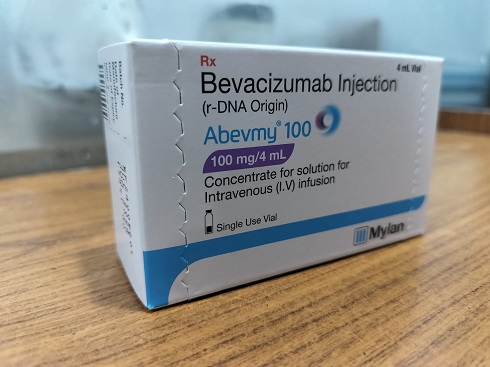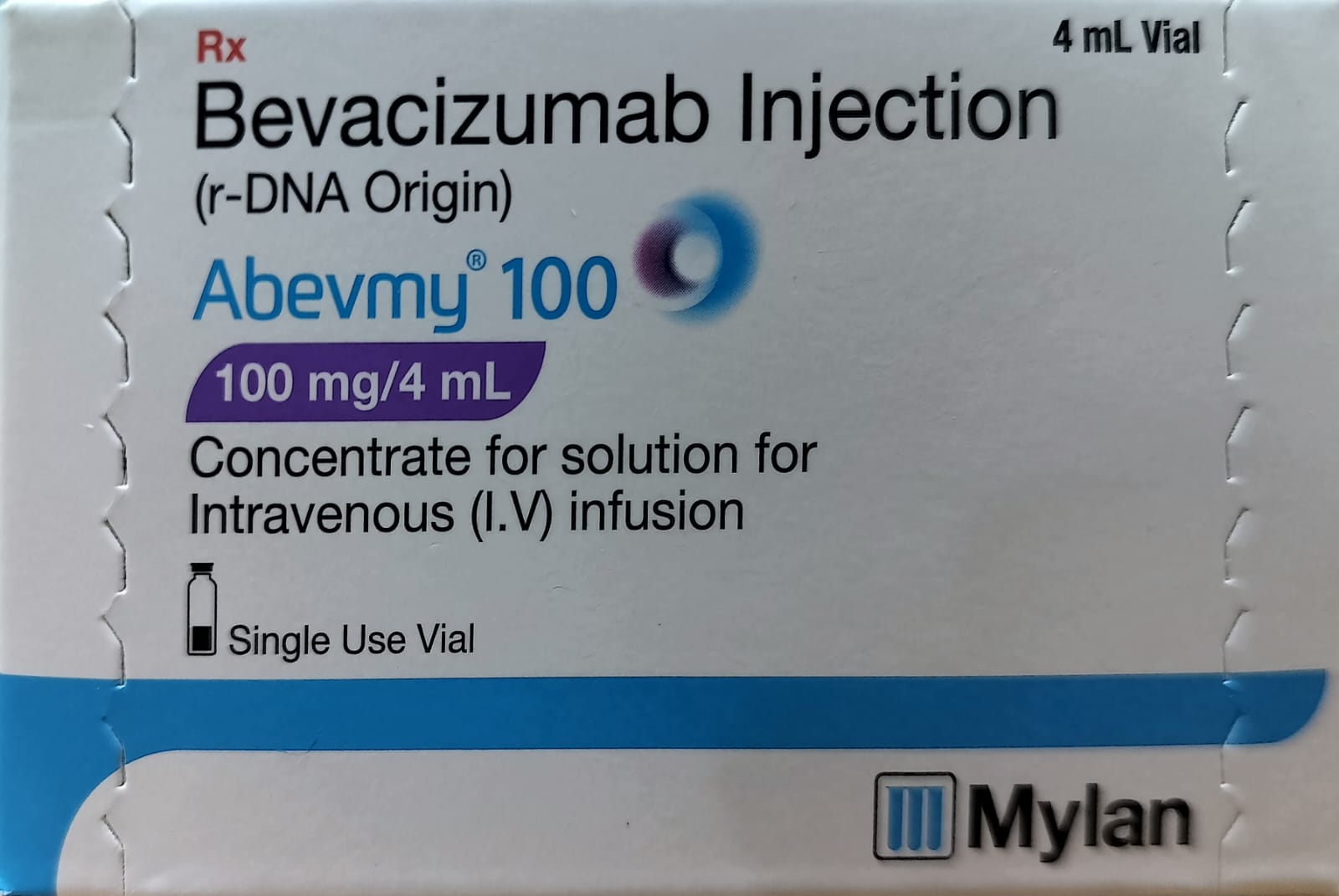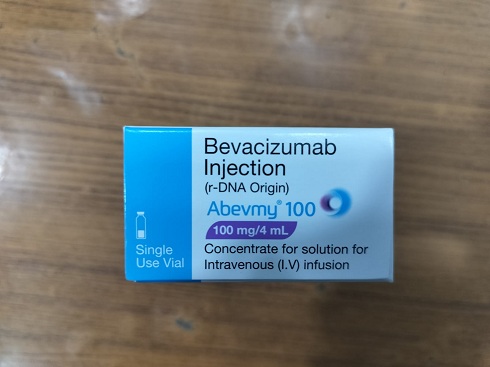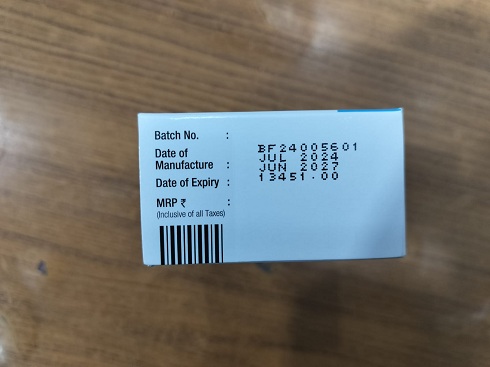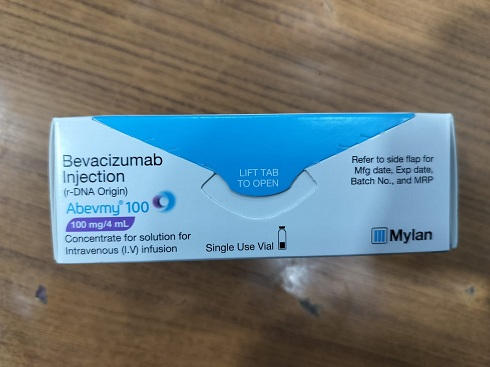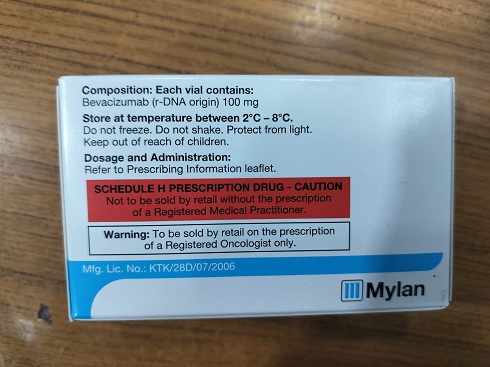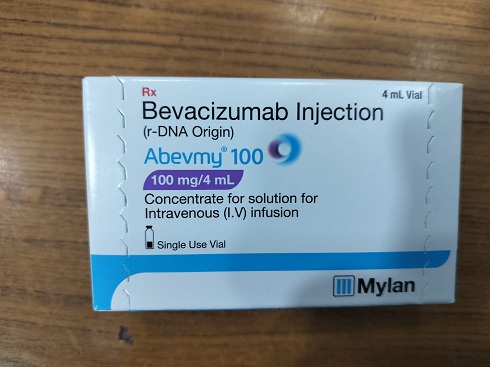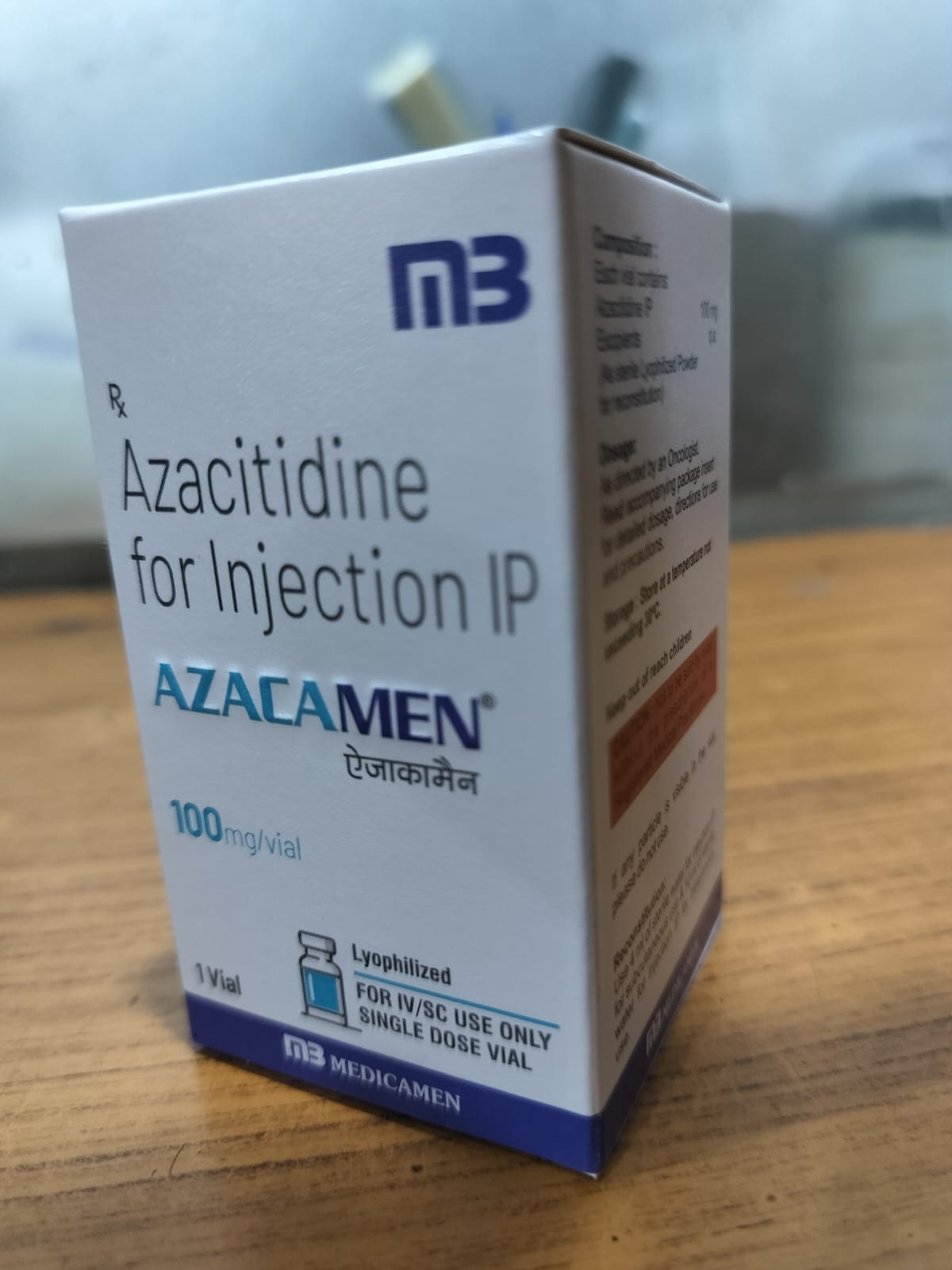Product Introduction:
Abevmy contains Bevacizumab, a recombinant humanized monoclonal antibody that binds to vascular endothelial growth factor (VEGF), blocking the formation of new blood vessels in tumors. It is used as first-line or combination therapy in several types of cancers, including colorectal, lung, kidney, and ovarian cancers.
Uses:
Abevmy is indicated for the treatment of:
-
Metastatic colorectal cancer (mCRC) – with chemotherapy
-
Non-small cell lung cancer (NSCLC) – non-squamous, in combination with platinum-based chemotherapy
-
Metastatic renal cell carcinoma (mRCC) – with interferon-alpha
-
Glioblastoma multiforme (GBM)
-
Cervical cancer – recurrent or metastatic
-
Ovarian and fallopian tube cancers – newly diagnosed or recurrent
Storage Instructions:
-
Store refrigerated at 2°C – 8°C
-
Do not freeze or shake
-
Protect from light
-
Discard any unused portion after opening
-
Keep out of reach of children
How It Works (Mechanism of Action):
Bevacizumab binds to VEGF-A, a key protein that stimulates angiogenesis (new blood vessel formation) in tumors. By inhibiting VEGF, Abevmy prevents tumors from developing blood supply, thereby restricting their growth and spread.
Side Effects:
Common side effects:
-
Hypertension
-
Fatigue
-
Nosebleeds
-
Proteinuria (protein in urine)
-
Headache
-
Diarrhea or constipation
-
Mouth sores
Serious side effects:
-
Gastrointestinal perforation
-
Wound healing complications
-
Hemorrhage (bleeding)
-
Blood clots (DVT/PE)
-
Heart failure
-
Kidney damage (nephrotic syndrome)
-
Infusion-related reactions
Dosage (Typical Recommended Dose):
Dosage depends on the type of cancer:
-
Colorectal cancer: 5–10 mg/kg IV every 2 weeks
-
Lung cancer: 15 mg/kg IV every 3 weeks
-
Kidney cancer: 10 mg/kg IV every 2 weeks
-
Dose and frequency vary with the indication and are calculated based on body weight
Method of Administration:
-
Administered via intravenous (IV) infusion
-
First infusion over 90 minutes, second over 60 minutes, subsequent over 30 minutes if tolerated
-
Should be administered in a clinical setting by qualified professionals
-
Premedication is not typically required, but may be used to prevent infusion reactions
Precautions:
-
Monitor blood pressure, urine protein levels, and wound healing
-
Avoid in patients with recent surgery or poorly healing wounds
-
Discontinue at least 28 days prior to elective surgery
-
Use caution in patients with bleeding disorders, cardiovascular disease, or thromboembolic risk
-
Not recommended in pregnancy or breastfeeding
Drug Interactions:
-
May enhance adverse effects when combined with cytotoxic chemotherapy
-
Increased risk of bleeding when used with anticoagulants or antiplatelets
-
May interact with other monoclonal antibodies or immunotherapy agents
-
No major CYP450 interactions, but clinical monitoring is advised
Alle rgies:
-
Contraindicated in patients with known hypersensitivity to Bevacizumab or excipients
-
Watch for infusion reactions: chills, fever, rash, difficulty breathing – may require premedication or slowing the infusion rate
Overdose Information:
-
Overdose may lead to severe hypertension, bleeding, or organ toxicity
-
No specific antidote exists
-
Treatment is symptomatic and supportive – hospital care required
Missed Dose Instructions:
-
If a dose is missed, it should be administered as soon as possible in coordination with your treating physician
-
Maintain regular treatment cycles for best outcomes
Additional Notes:
-
Regular monitoring of kidney function, blood pressure, and urine protein is necessary
-
Patients should report any unusual bleeding, vision changes, or signs of stroke immediately
-
Abevmy should be continued as long as clinical benefit is observed and toxicity is manageable

